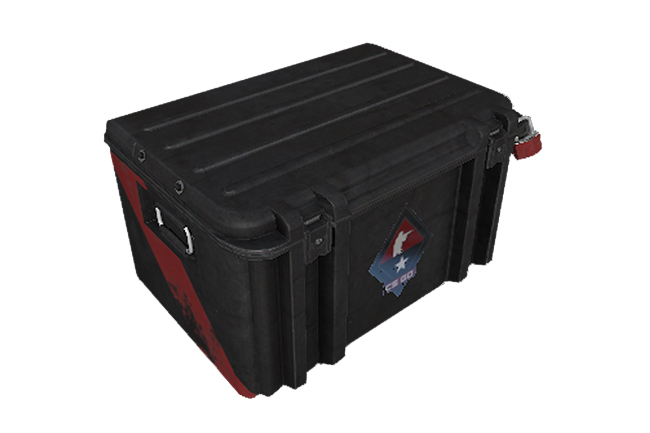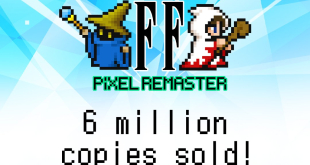The loot box narrative continues, as French regulator ARJEL released its 2017-18 activity report. While it determined that loot boxes don’t legally pertain to gambling, the practice does warrant a closer look from the board, with ARJEL stating that Europe should form a combined consensus on the matter, rather than individually tackling the issue.
Contrary to the decision made by the Netherlands and Belgium, France joins the United Kingdom and New Zealand in its verdict that loot boxes do not qualify as a form of gambling from a legal standpoint, via Sebastian Schwiddessen’s English analysis of the report. Unlike its neighbours, however, ARJEL dismissed the justification of loot boxes always containing one item as “questionable,” given that the psychological feeling of the jackpot being “barely missed” is what prompts players to continue playing.
Instead, ARJEL rejected the notion that loot boxes are gambling on the basis of the items gained do not hold any real-world value. The Netherlands took action against developers because of exactly this, stating that the sale of items on third-party sites is enough to cross that line. ARJEL disagrees, however, stating that so long as a developer does not “participate in the monetisation” and that it explicitly implements some form of prohibition of resale in its terms and conditions, then it has its legal basis covered.
ARJEL seems committed to continuing its own investigations into loot boxes, with Schwiddessen explaining the body to currently be “non-committal and unspecific” in its stance on the practice. It recognises the challenges presented through loot boxes utilising the element of chance, as well as the lack of age gate posing risks to youngsters.
Its preferred endgame is to bring European regulators together in order to take collective action against the potentially exploitative systems. It did note a publication already under way from the Gaming Regulators European Forum (GREF), which could be a good start to forming rules that developers must adhere to, as well as present the risks of loot boxes to the public, namely parents.
KitGuru Says: It seems that there’s a long way to go before France settles on how it will handle loot boxes. Luckily, its highly critical approach could even lead to laws updating into the online era, which is much needed for many countries out there.
 KitGuru KitGuru.net – Tech News | Hardware News | Hardware Reviews | IOS | Mobile | Gaming | Graphics Cards
KitGuru KitGuru.net – Tech News | Hardware News | Hardware Reviews | IOS | Mobile | Gaming | Graphics Cards



